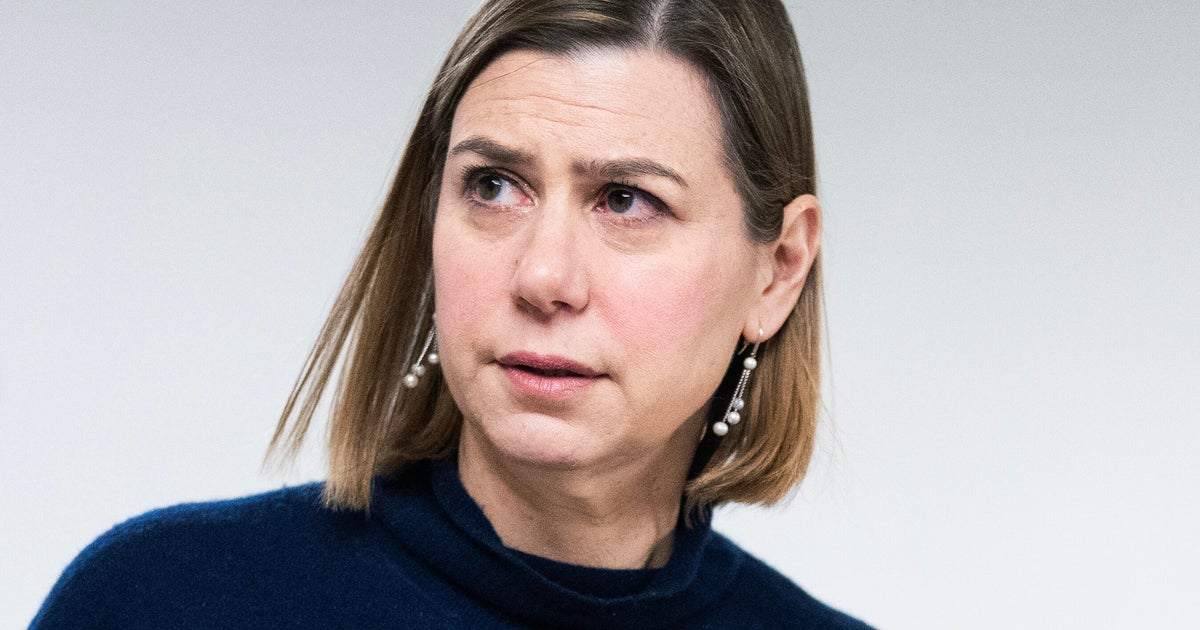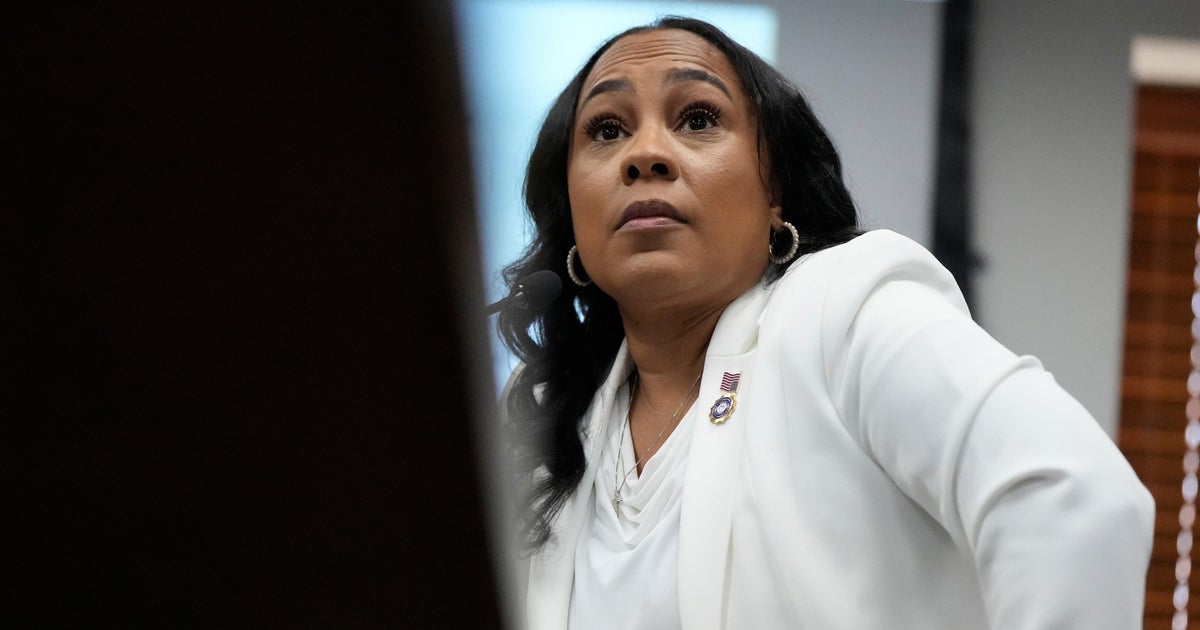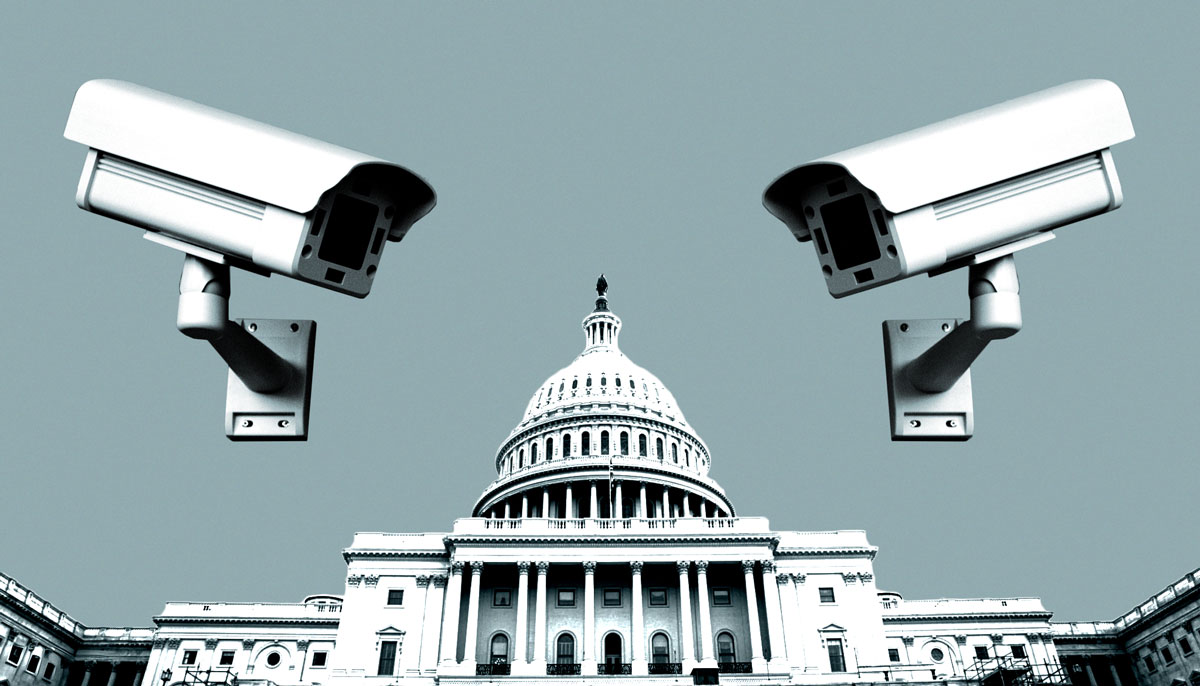The internal watchdogs Trump has fired or replaced
Washington — Even as the nation continues to find itself in the throes of the coronavirus pandemic that has led to nearly 90,000 deaths and ravaged the U.S. economy, President Trump has taken aim at the federal government's internal watchdogs, removing or replacing the top officials in offices tasked with conducting oversight of their respective agencies.
In a span of six weeks, Mr. Trump has removed five officials from posts leading their respective agencies' inspector general offices, three of whom were working in an acting capacity.
The president's moves have prompted scrutiny and criticism from congressional Democrats, who accuse Mr. Trump of hollowing independent inspector general offices and retaliating against those that have exposed wrongdoing or missteps by his administration.
Here are the watchdogs who have been stripped of their positions by the president.
Michael Atkinson
Intelligence Community
Atkinson was nominated to serve as the internal watchdog for the intelligence community in November 2017 and was confirmed by the Senate in May 2018, becoming the second person to hold the position of intelligence community inspector general since it was created in 2010.
A longtime attorney, Atkinson served in the Justice Department as an acting deputy assistant attorney general and senior counsel in the national security division. He also was an assistant U.S.attorney in the District of Columbia, where he worked as the acting chief of the Fraud and Public Corruption Section from 2015 to 2016.
As inspector general for the intelligence community, Atkinson handled the complaint filed by an anonymous whistleblower that raised concerns about Mr. Trump's dealings with Ukraine and ultimately led to House Democrats' impeachment inquiry into the president. Atkinson determined the complaint was credible and reported it to the director of national intelligence, as required by federal law. He then notified the House Intelligence Committee in September that then-acting Director of National Intelligence Joseph Maguire decided not to forward the whistleblower complaint to lawmakers.
In a letter notifying Congress of his decision to fire Atkinson on April 3, Mr. Trump told the Senate Intelligence Committee he no longer had the "fullest confidence" in Atkinson. But the president's justification was not adequate for a bipartisan group of senators, who sent a letter to the president asking for a more thorough explanation of his decision to oust Atkinson.
Mitch Behm
Transportation Department
Behm has been the deputy inspector general at the Department of Transportation and has been serving as the acting inspector general since February 1.
The White House on Friday evening announced a new acting IG for the agency and a permanent nominee. Behm will continue as deputy.
He has worked with the Transportation Department since 2003, including as a financial expert, project manager and program director. Before he was tapped to serve as deputy inspector general, Behm was the assistant inspector general for surface transportation audits.
Behm is listed as a member of the Pandemic Response Accountability Committee (PRAC), which is tasked with overseeing implementation of the $2.4 trillion coronavirus relief packages passed by Congress in response to the coronavirus pandemic and composed of 20 inspectors general.
Glenn Fine
Defense Department
Fine currently serves as the Defense Department's principal deputy inspector general, a role he's held since June 2015. Before joining the Pentagon's Office of Inspector General, he was a partner at the law firm Dechert LLP and worked for more than a decade as the Justice Department's inspector general.
Fine also served as special counsel to the Justice Department's inspector general and director of the special investigations and review unit from 1995 to 2000, according to the Pentagon. He was tapped for the role of the Defense Department's acting inspector general in January 2016 and remained in that post until his ouster April 6.
In addition to serving as the acting inspector general at the Pentagon, Fine also was selected to head the PRAC. But with Mr. Trump's removal of Fine as acting inspector general, he was also stripped of his role as leader of the accountability committee.
Fine has returned to his post as the Pentagon's principal deputy inspector general.
Christi Grimm
Health and Human Services
Grimm has worked as the Department of Health and Human Services' principal deputy inspector general since January 2020 and has led the agency in an acting capacity. But Mr. Trump announced a nominee for Health and Human Services inspector general to replace Grimm May 1.
She has worked at the Health and Human Services Office of Inspector General since 1999 and held a variety of positions there. From 2014 to 2019, Grimm served as the chief of staff and deputy inspector general. Before becoming chief of staff, Grimm worked as director of policy and programs and senior advisor for program oversight, according to the Department of Health and Human Services.
Mr. Trump's announcement of a nominee for a permanent Health and Human Services inspector general came after Grimm released a report detailing testing and supply shortages in hospitals responding to the coronavirus pandemic. Grimm found "severe" shortages of testing supplies, "widespread shortages of PPE," difficulties in maintaining adequate staffing levels and in expanding hospital capacity.
The president called the report "just wrong" in a briefing with reporters and demanded to know when Grimm was appointed to the position. On Twitter, Mr. Trump questioned whether she scrutinized the H1N1 pandemic that occurred during the Obama administration and accused her of falling to speak with top military officials and Vice President Mike Pence about the response to the coronavirus.
Steve Linick
State Department
Linick is the fourth inspector general to be purged from his position by Mr. Trump in a span of six weeks.
He has been the State Department's inspector general since the Obama administration. Appointed in September 2013 to the State Department, he was also the first inspector general of the Federal Housing Finance Agency, a role he held from 2010 to 2013.
Linick worked for the Justice Department for over a decade, including as executive director of its National Procurement Fraud Task Force and deputy chief of its fraud section. He also has served as an assistant U.S. attorney in California and Virginia.
As was the case with Atkinson, Mr. Trump notified Congress of his decision to fire Linick late on a Friday night, a move that was supported by Secretary of State Mike Pompeo.
His ouster has brought additional scrutiny from the House and Senate Foreign Affairs Committees, which announced investigations into Linick's removal. House Speaker Nancy Pelosi called the move by the president "unsavory."
Eliot Engel, a New York congressman who chairs the House Foreign Affairs panel, said in a statement Linick's office was investigating Pompeo and said his "firing amid such a probe strongly suggests that this is an unlawful act of retaliation."
Senator Chuck Grassley, a Republican from Iowa who led the call for a more thorough reasoning from Mr. Trump for his removal of Atkinson, again reiterated the president's responsibility to provide justification to Congress when firing an inspector general.
"A general lack of confidence simply is not sufficient detail to satisfy Congress," Grassley said Saturday.



